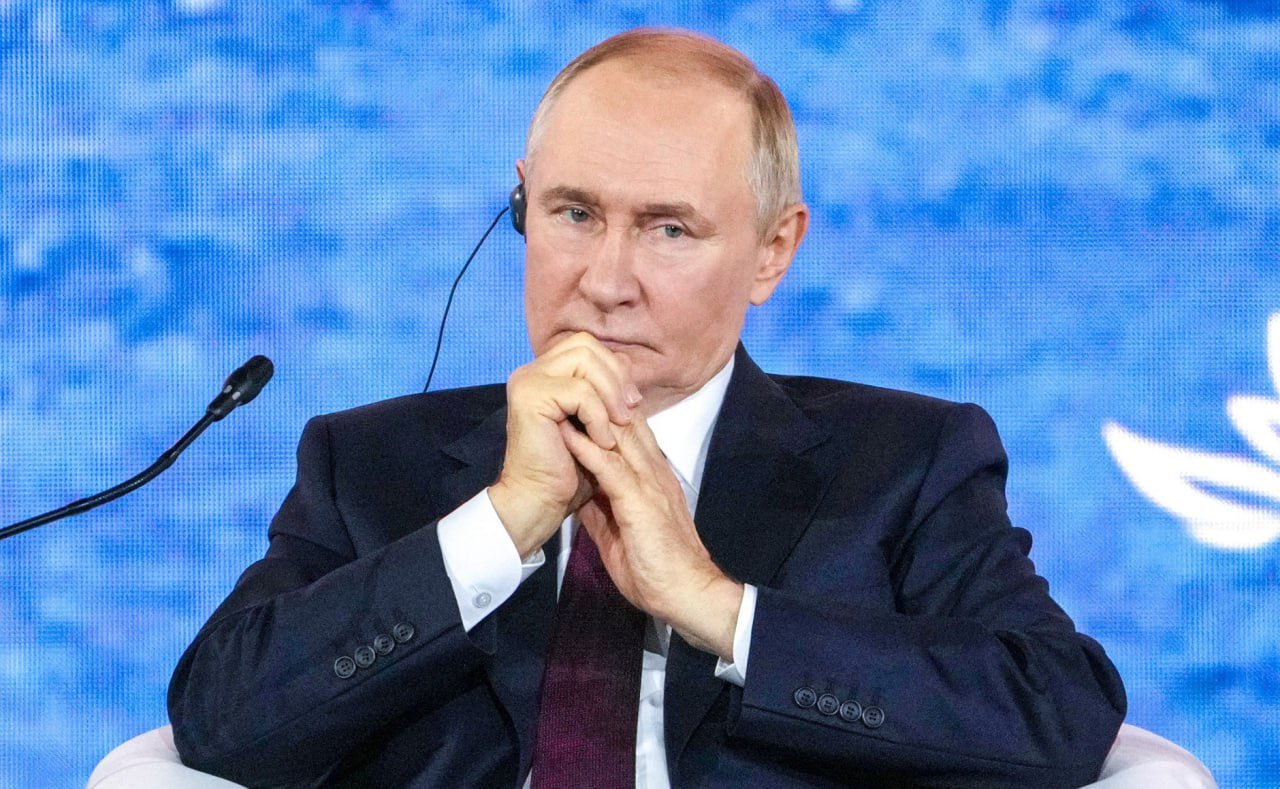Putin Warns Foreign Troops in Ukraine Will Be Legitimate Targets; Rejects Post-War Deployment Plans Backed by West
Russian President Vladimir Putin on Friday issued a stark warning that any foreign military personnel deployed to Ukraine -- even in the context of a post-ceasefire mission -- would be treated as “legitimate targets for defeat,” escalating tensions as international partners push forward with plans for postwar security guarantees for Kyiv.
 |
| Image Source: MFA Russia |
“If any troops appear there, especially during the ongoing hostilities, we assume they will be legitimate targets for defeat,” he stated.
His comments follow a summit in Paris where 26 nations, including NATO and Indo-Pacific allies, pledged long-term military and economic commitments to Ukraine.
French President Emmanuel Macron announced the formation of a “Coalition of the Willing” that could deploy forces “by land, sea or air” following a ceasefire.
Ukrainian President Volodymyr Zelenskyy confirmed those commitments and held a multi-party call with U.S. President Donald Trump and European leaders to map out next steps.
Putin, however, portrayed the Western plan as a provocation, accusing NATO of pushing Ukraine into confrontation.
"This is one of the root causes: trying to involve Ukraine in NATO,” he said. “If decisions are reached that lead to long-term peace, I see no reason for their [foreign troops’] presence on Ukrainian territory.”
The Kremlin’s messaging has remained consistent on this front. Spokesman Dmitry Peskov said any durable settlement must address Russia’s security concerns as well as Ukraine’s.
He reiterated long-standing opposition to NATO’s eastward expansion and said that any postwar deployment under Western auspices would be seen as a continuation of the threat Moscow claims it went to war to neutralize.
The diplomatic clash comes as Russia doubles down on its position at the UN and in bilateral diplomacy.
During recent comments at the UN General Assembly, Russia's Permanent Representative Vasily Nebenzya emphasized that any settlement must acknowledge the annexed regions of Crimea, Donetsk, Luhansk, Kherson, and Zaporizhzhia as part of Russia.
Meanwhile, Ukraine continues to build diplomatic pressure for deeper international involvement in both its defense and eventual reconstruction. Following the Paris summit, President Zelenskyy confirmed a lengthy call with President Trump, during which both sides reportedly discussed using economic levers to “deprive Russia’s war machine of money and resources.”
A key focus of the conversation was Kyiv’s push for U.S.-backed air defense initiatives to protect Ukrainian cities from Russian drone and missile attacks even before a ceasefire is implemented.
Zelenskyy also addressed Putin’s proposal to host direct talks in Moscow, dismissing it as a bad-faith offer. “If someone wants the meeting to not take place, they should invite me to Moscow,” Zelenskyy said, adding that Ukraine was ready for serious negotiations only on neutral ground.
Foreign Minister Andrii Sybiha later clarified that at least seven nations -- Austria, Switzerland, Türkiye, the Vatican, and three Gulf states -- had offered to host peace talks between Zelenskyy and Putin.
Putin claimed former U.S. President Trump had personally asked him to host Zelenskyy for such a dialogue. “Donald asked me if it was possible to hold such a meeting. I said yes. If Zelensky is ready, let him come to Moscow,” Putin said.
He also pledged that Zelenskyy would receive security guarantees in the Russian capital -- an offer Ukraine has flatly rejected as posturing.
As both sides maneuver around the possibility of ceasefire talks, the broader picture remains fraught. On one side, the Coalition of the Willing is preparing postwar stabilization and security plans, including troop deployments and reconstruction aid.
On the other, Moscow is drawing hard lines around sovereignty and NATO involvement -- and warning that foreign troops will be seen as fair game.
With diplomatic channels opening but threats escalating, the road to peace in Ukraine remains both politically perilous and strategically volatile.
The next steps could determine whether the conflict winds down into a tense settlement or escalates into new rounds of confrontation with global stakes.
